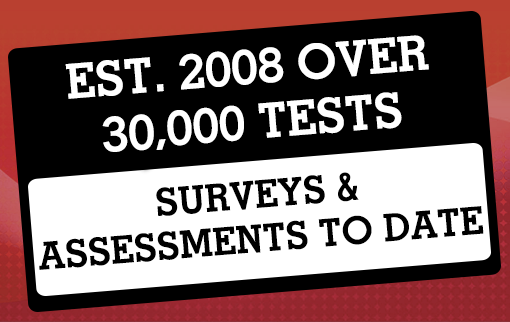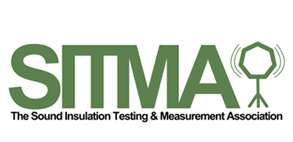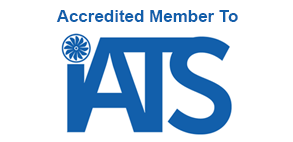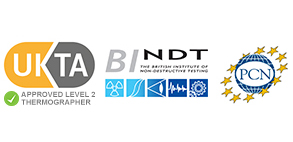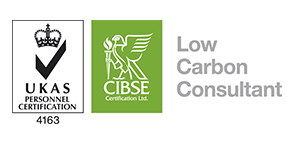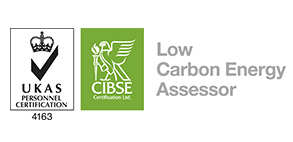Offices Nationwide

How loud is too loud?
Noise above 85 dBA over time will cause hearing loss. In general, the louder the noise, the less time required before hearing loss...more

Point of Reference
10 dBA is the sound level of normal human breathing. To put it into perspective, thunder is a whopping 120 dBA...more
Thermal Bridging And Airtightness
Enhanced Construction Details

Rhymney - Commercial P402R Asbestos Survey - 029 2193 0147
The office that covers this area is: Cardiff
Phone Number: 029 2193 0147 Email: rhymney@e2consultants.co.uk
Asbestos_Survey is sometimes referred to as Fire Risk Assessment, Fire Safety, Fire Risk Assessment, Fire Risk Assessment, Fire Risk Assessment.
Surveyor Qualifications
Our experienced asbestos team that covers Rhymney are qualified asbestos management, refurbishment and demolition surveyors for industrial, commercial and domestic buildings. We can also undertake a Commercial EPC at the same time to provide you with a cost-effective package deal where needed.
Each member of our asbestos team are holders of the BOHS (British Occupational Hygiene Society) P402 qualification - the statutory proficiency certificate in 'Building Surveys and Bulk Sampling for Asbestos'. Our experienced and professional consultants are here to help so if you have any queries please call us on 029 2193 0147 or send your query to Asbestos-Survey@e2consultants.co.uk.
What's Involved In An Asbestos Survey?
A refurbishment/demolition survey, formally a type 3 survey, will be, as the name suggests, more destruction than a management survey. This will involve a surveyor accessing areas where future work is to be undertaken by knocking through a wall or drilling into floor slabs. This is to ensure that when the property is destroyed or altered that the next team in won't risk tampering with asbestos themselves that could be damaging to their health.
An asbestos management, or type 2, survey will have one of surveyors taken samples of suspected asbestos throughout a building before sending them off to a lab. Whilst at the property, each room and the materials used will be noted. If a room is locked or otherwise inaccessible this will be noted too as there will remain a possibility of asbestos within.
Where Can Asbestos Be Found?
- Toilet cisterns can contain asbestos-reinforced resin materials
- Insulation in floor and wall cavities, lofts and insulating boards
- Artex or similar decorative / textures coating on ceilings and sometimes walls
- External / internal wall panelling particularly around windows
- Water tanks can be made from asbestos cement and is often found in pre-1980 houses
- Flash Guards on fuse wires and panelling behind fuse boxes
- Sprayed fire insulation
- Floor tiles, mastics and sealants
- Pipe works, boilers, ducts and heat exchanges
What Is Asbestos?
The trade and use of asbestos has been restricted or banned in many jurisdictions in Rhymney. Asbestos is basically a set of six naturally occurring silicate minerals used for their desirable physical properties. Though mined from rock, when broken down it breaks apart into tiny fibres.
Though three types have been widely used in building materials there are actually types of asbestos. The main ones are Chrysotile (white), Amosite (brown) and Crocidolite (blue). Blue is usually the most dangerous followed by brown and then white.
Asbestos Legislation
A risk assessment must be undertaking by employeers for employees when work is likely to involve asbestos. This should include a plan of how the work is to be carried out as well as outline, and provide solutions to, any asbestos-related issues that may occur. All information must be kept up-to-date and available to anyone who may work or disturb the asbestos containing material (ACM).
The Control of Asbestos Regulations 2012 (Reg 4) places an explicit duty on those responsible (the duty holder) for any commercial premises to identify and manage asbestos containing materials that may be present in the property.
Our other services include:
Commercial P402R Asbestos Survey can also be known as:
P402R Asbestos Survey, Asbestos Refurbishment Survey, Commercial Asbestos Refurbishment Survey, P402 Asbestos Survey, Asbestos Demolition Survey, Commercial Asbestos Survey, Commercial Asbestos Management Survey, Commercial Asbestos Demolition Surveys, Asbestos Survey, Commercial P402 Asbestos Survey, Asbestos Management Survey,


Copyright 2025 E2 Specialist Consultants Limited
Company No. 06728970

